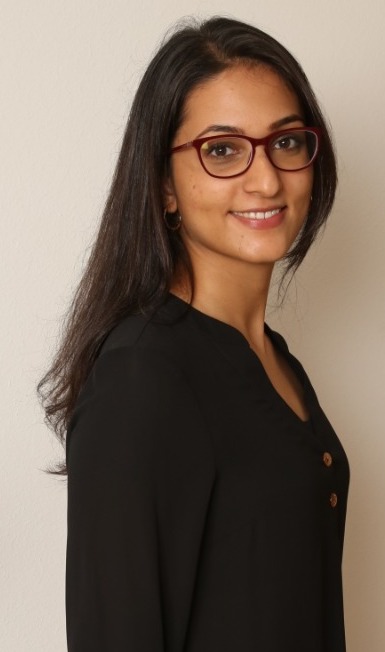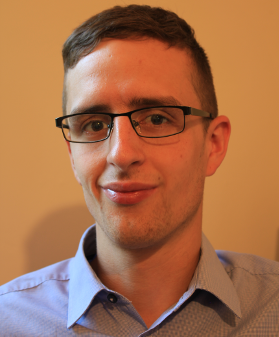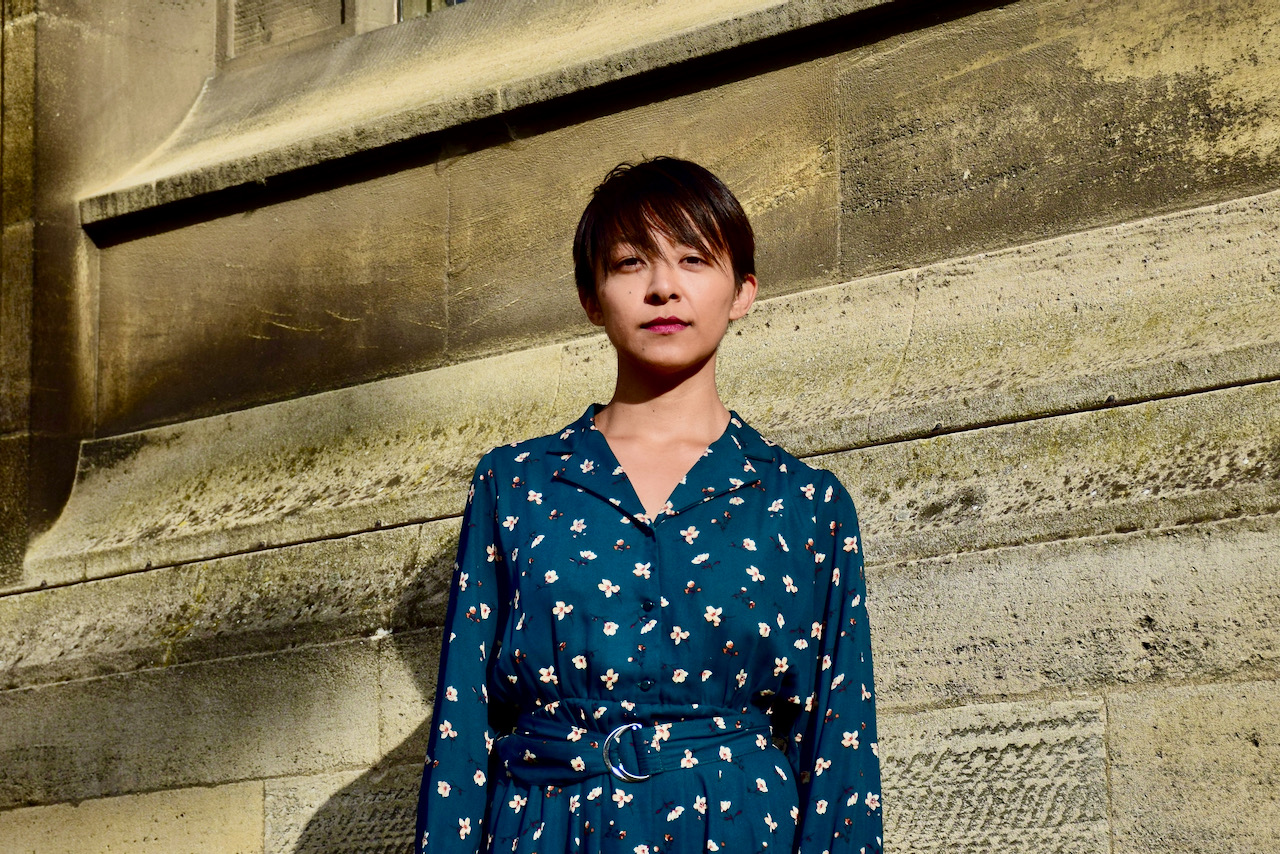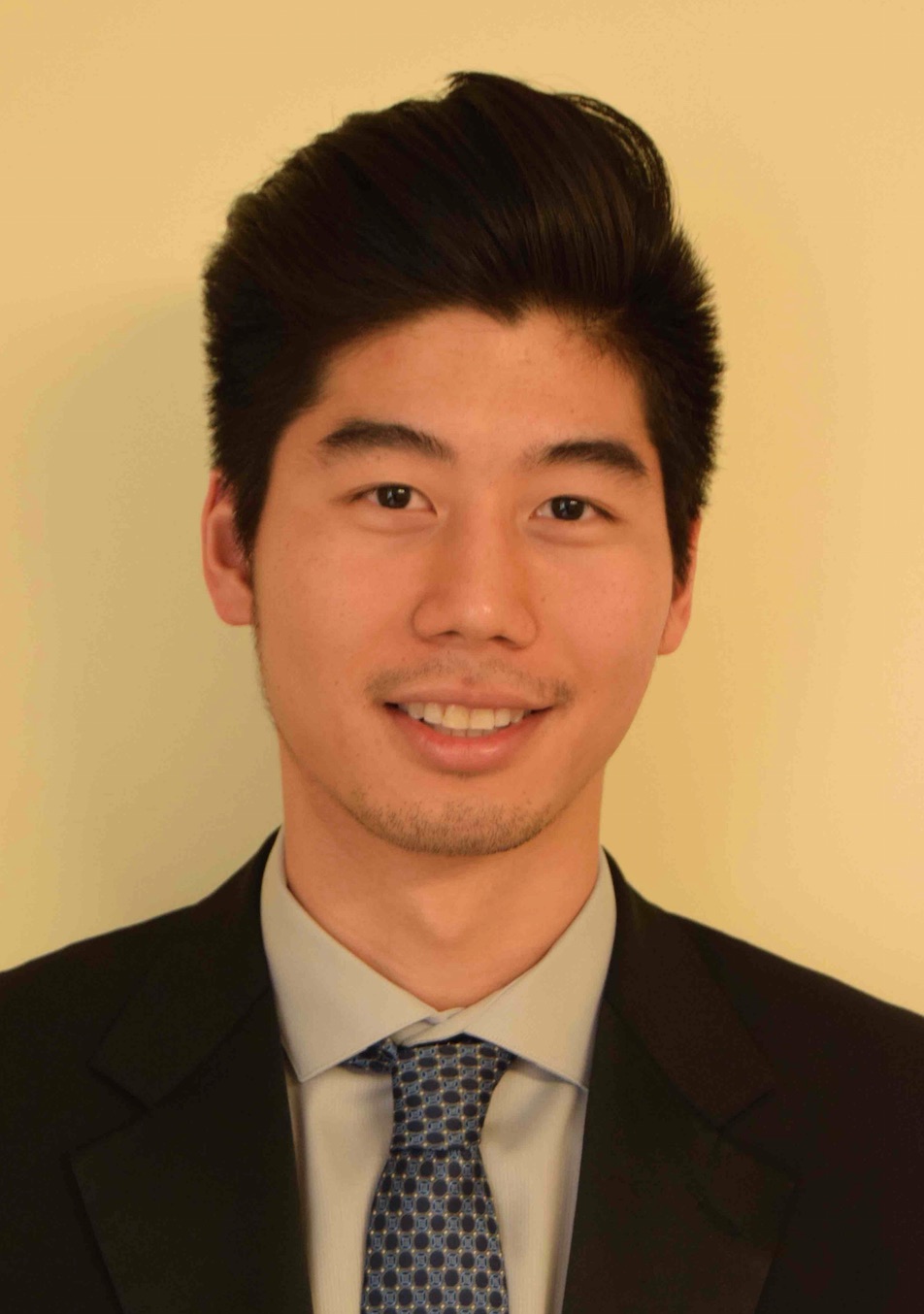
Four Scholars will address subjects ranging from memory formation to the ethics of cancer screening.
Four Gates Cambridge Scholars are presenting their research at an Internal Symposium on 1st November on subjects ranging from the mental health of women in the slums of Mumbai and memory formation to migration between Japan and Mexico and the ethics of cancer screening.
Saloni Atal’s talk is entitled Suffering, Survival & Transformation: Lay Understandings of Mental Illness Among Women in Mumbai’s ‘Slums’. It covers depressive and anxiety disorders among slum-dwelling women in India. Her research explores local understandings of distress and healing among slum-dwelling women and found that mental ill health was understood in essentially social terms through the idiom of ‘tension’ and defined against community norms surrounding family responsibilities, gender roles and economic productivity. Saloni, [2017], who is doing a PhD in Psychology, says: “Treatment for mental ill health was seen to require the mobilisation of community resources through social networks, seeking expert advice and generating employment. Women also stressed the need to be self-reliant and cultivate psychological resources through re-framing, endurance and moral fortitude.” She hopes her findings will help in the development of methods of intervention which are appropriate to local contexts and which make use of local cultural and linguistic resources.
Alex Quent’s talk is entitled Interaction between reward anticipation and stress hormone during memory formation. It looks at how memories are encoded in the brain by focusing on those associated with stress or reward. His research found that, while there were no significant effects of stress or reward on overall memory performance, for events where no reward was anticipated, increases in stress-related cortisol in stressed participants were related to increases in recall and increases in recollection-based recognition responses. In contrast, for events where a reward was anticipated, increases in stress-related cortisol were not related to increases in memory performance. Alex [2017], who is doing a PhD in Biological Science, says the results indicate that the stress and the reward systems interact in the way they impact episodic memory and shed light on the neurobiological mechanism of how memories are formed.
Jessica Fernandez de Lara Harada [2016] will speak about her research on United States – Japan – Latin American relations and their impact on large-scale long-distance migration from Japan to Mexico at the turn of the 20th century. She will address state policies, national politics and institutional and popular discourses on migration, nation and miscegenation and citizenship, but she is more concerned with the individual experiences, motivations and trajectories of Japanese migrants and their descendants across generations. Jessica, who is doing a PhD in Latin American Studies, says: “My research addresses globalisation as everyday process, race and multi-culture and world history."
Joseph Wu’s talk is entitled Should you get screened for cancer? He will explain the benefits and harms of cancer screening and map these onto the main points of controversy around the early detection of cancer. In doing so he will look at the ethical issues screening raises and look at the implications for medical practice and health policy. Joseph [2016] is doing a PhD in History and the Philosophy of Science.
*The Internal Symposium takes place on 1st November in the GCSR from 7-9pm. All Gates Scholars and their guests are welcome. Picture credit: Wikimedia Commons.

Saloni Atal
- Alumni
- India
- 2017 PhD Psychology
- Christ's College
I grew up in the city of Mumbai in India where over half the city lives in "slums". As a person of relative privilege in a country where hundreds of millions live below the poverty line, I am motivated to use my career to drive global development
I completed my MPhil & PhD in Social Psychology at Cambridge (2017-21). As part of my PhD, I examined the gender impacts of a successful NGO in India working to empower women with a view to understanding how their work can be scaled (https://www.muktanganedu.org/).
Motivated by the desire to connect knowledge with practice, I now work at Dalberg Global Development Advisors, an impact focussed strategy consulting firm. My role sits within Dalberg's monitoring, evaluation and learning practice, which advises government agencies, international development organisations, foundations, impact investors, corporations and charities on measuring and managing social impact.
I am immensely thankful to the Trust for their support, without which I would not have been a part of Cambridge's rich intellectual heritage. I had many mentors on my way to this scholarship and I am passionate about paying it forward. You can follow my work and get in touch with me on LinkedIN or Twitter: @Saloni_Atal
Previous Education
University of Hong Kong
University of Cambridge

Alexander Quent
- Alumni
- Germany
- 2017 PhD Biological Science at the MRC Cognition and Brain Sciences Unit
- Clare Hall
Functioning memory is one of the most crucial cognitive competences that shape who we as human beings are. This sparks my general interest in (long term) memory. Specifically, I am keen to know what aspects of a situation as well as of the past and future determine what we will remember later. I also want to understand what the mechanism(s) is/are behind this. This knowledge could help to develop interventions for those with problems in that domain. I completed my Bachelor’s and Master’s studies at the Ruhr-University Bochum, Germany, with a semester abroad at the University of Nebraska – Omaha, USA, and a research visit at the University of California – Davis, USA, where I started my Master’s project on the tag-and-capture theory as the mechanism behind the memory enhancing effect of post-learning stress and reward anticipation. During my PhD at Cambridge University, UK, at the MRC CBU I plan to study the effect of schema-inconsistency (e.g. evoked by objects at unexpected locations) on memory performance and how this modulatory effect might change in the course of ageing. I am interested to know what forms of memory (e.g. associative or single item memory) are modulated by schema-inconsistency and how brain regions in the medial temporal lobe and medial prefrontal cortex interact in this context.
Previous Education
Ruhr-University Bochum
Links

Jessica Fernandez De Lara Harada
- Alumni
- Mexico
- 2016 PhD Latin American Studies
- Emmanuel College
Jessica is a qualified lawyer and human rights defender with over five years of experience in legal practice, research and advocacy work. Her doctoral research examined the overlooked historical experience of Asians in Latin America. In particular, she focused on the experiences of Mexicans of Japanese origin across five generations in relation to the 'mestizo' racial system, citizenship and state violence, as well as repertoires of resistance in Mexico. This study built upon her master’s dissertation on graphic novel representations of mestizaje, the positioning of afro-descendants, and the operation of race and racism in Mexico from a transnational lens. Her research interests include the trans-pacific history of racialised exclusion and belonging, nation-state building, and imperial and colonial formations in twentieth century Mexico. Previously, Jessica completed an MA in Latin American Studies (with Distinction) at University College London, and a BA (First Class Honours) in Law at Universidad Nacional Autónoma de México. She was a Research Fellow at the Centre for Historical Studies at El Colegio de México; co-founder of the CRASSH Graduate Research Group 'Power and Vision: The Camera as Political Technology'; and co-organiser of the conference Memories in Transit, supported by The Centre for the Study of Global Human Movement, at the University of Cambridge, and the British Academy.
Previous Education
University College London
Universidad Nacional Autonoma de Mexico

Joseph Wu
- Alumni
- United States
- 2016 PhD History + Philosophy of Sci
- King's College
I grew up in southern California and attended Duke for my undergraduate studies. I started out in biology, researching the genetic regulation of skin cancer and spending my summers with kids affected by cancer. I transitioned to philosophy out of a desire to explore, not just the functioning of disease, but also the nature of our attempts to mitigate it. My PhD examined one such attempt, the early detection of cancer though screening, an issue that cuts across public health ethics, political philosophy, and philosophy of medicine. We can ask of screening: what are the benefits and harms, and how can we distribute them justly throughout the population? What sorts of ethical obligations shape how we communicate about cancer? What are the ultimate aims and limits of medicine? Answering these questions is central to developing ethically sound and effective health policies. Apart from research, I competed for the Cambridge University water polo team, and co-captained the team in 2016-2017. After Cambridge, I attended medical school at Brown, and am currently a Psychiatry resident at the Brigham and Women's Hospital / Harvard Medical School program.
Previous Education
Duke University
University of Cambridge












